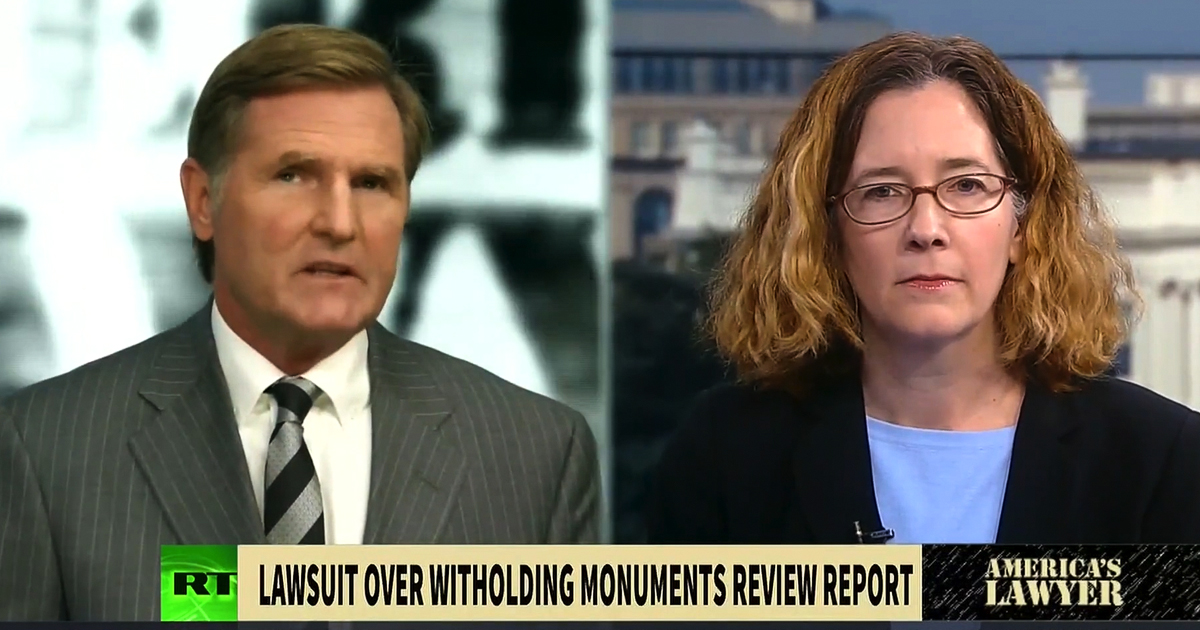By Amanda Barr
October 6th, 2012 12:00pm
On October 1, 2012, Judge Carl Barbier granted several motions to dismiss filed by various Defendants embroiled in the BP Deepwater Horizon oil spill litigation. The motions addressed three types of claims that are not included in the proposed class settlement: “Pure Stigma” claims, “BP Dealer” claims and “Recreation Claims.”
The so-called “Pure Stigma” claims are claims alleging a loss in the value of real property caused by the oil spill even though the property was not physically impacted by oil nor was the property sold. Judge Barbier determined that these claims are not recognized under general maritime law, state law or the Oil Pollution Act (“OPA”). While the Court acknowledged that OPA was intended “to allow a broader class of claimants to recover economic losses than allowed under general maritime law[,]” he declined to interpret the statute as allowing for the recovery of “unrealized diminution of real property value.” Barbier went on to explain, “until property is sold and a loss realized, damages are speculative – it is possible that the value of real property eventually may meet or exceed its pre-spill amount.”
The “BP Dealer” claims are those claims asserted by entities marketing BP-branded fuels whose losses are based only on “consumer animosity toward BP.” Barbier threw out the “BP Dealer” claims because maritime law does not allow claims for pure economic losses unaccompanied by physical damage to a proprietary interest. The “BP Dealer” claims are distinguished from claims made by BP franchisees who allege economic losses due to the overall decline in tourism in the wake of the BP oil spill. The Court’s ruling did not extend to this latter category of claims based on the decline in tourism as a result of the spill.
Judge Barbier also dismissed the “Recreational Claims” or those claims based on the inability of recreational boaters, fishermen, divers and beachgoers to use portions of the Gulf of Mexico and its beaches. Similar to its analysis with regard to the “Pure Stigma” claims, the Court held that these claims are not compensable under general maritime law, state law or OPA.
Contact an Oil Spill Attorney for more information on the BP Claims process, as well as a case evaluation.
Amanda Barr is an associate at Levin Papantonio. Her focus is on environmental law, toxic torts and mass tort litigation. In 2007, Amanda was part of the trial team in the environmental class action, Perrine v. Dupont, which resulted in a jury verdict for a West Virginia community with an estimated value in excess of 380 million dollars.


